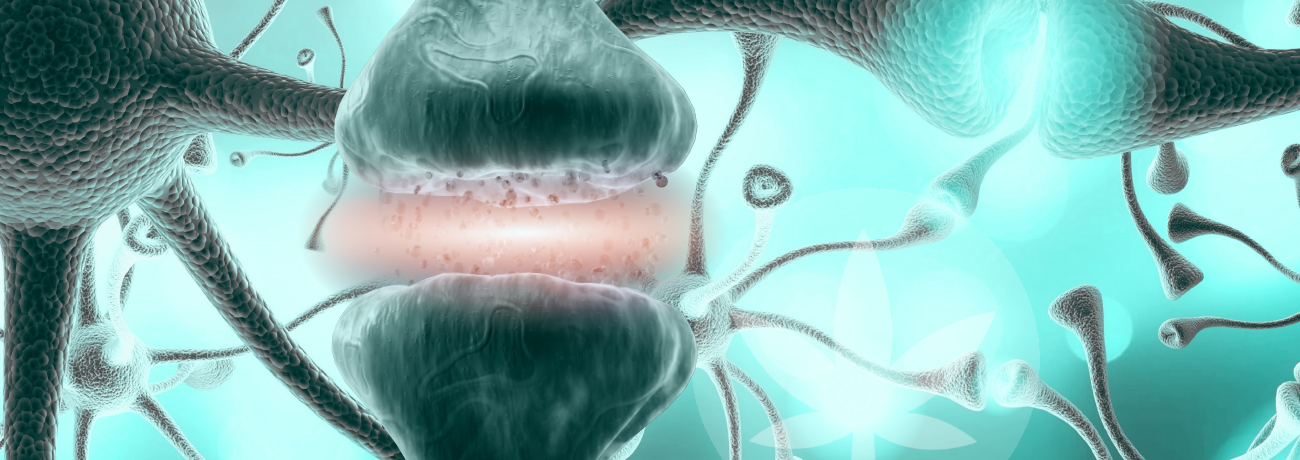Medical Cannabis And IBD: What Does The Research Say?
Published:
Living with IBD
Significantly impacting patients’ lives, those living with inflammatory bowel disease (IBD) do so with the knowledge that there is no cure for the condition—at least not yet. Split into two types of illness, both Crohn’s disease and ulcerative colitis can cause intense discomfort, diarrhoea, tiredness, and unplanned weight loss. Both conditions are now expected to affect millions of people worldwide, with diagnoses increasing even in developed countries.

The impact of IBD isn’t just on the physical body. Mentally, sufferers feel isolated and alone as the symptoms prevent many from being able to socialise freely and carry out everyday activities. Unfortunately, one of the most impacted demographics are teenagers and children. Roughly a quarter of all those diagnosed with IBD are under twenty years old.
Given the lack of cure for the condition, the focus when dealing with IBD is to reduce the frequency and severity of symptoms. This is met with varying degrees of success. Not all healthcare professionals have the evidence and research needed to provide advice on holistic treatments when traditional medication fails.
The endocannabinoid system and IBD
One area of study that is showing particular promise is the use of medical cannabis in treating IBD. Currently, treatments use medication that is designed to slow or reduce immune system reaction. While this can work, it is not without significant side effects. In comparison, the side effects associated with medical cannabis are generally well-tolerated and less severe than that of pharmaceutical medications.
The link between Crohn’s disease, ulcerative colitis, and medical cannabis is a sophisticated one. Anecdotal accounts have long supported the concept of cannabis alleviating the symptoms of IBD. However, at the time that several case studies came to light, our understanding of the mechanisms taking place was lacking. We had yet to understand the intricacies of the endocannabinoid system.
Since then, various studies have taken place using rat models to understand the relationship between our ECS and IBD. Ulcerative colitis causes intense inflammation in the colon. The Journal of Clinical Investigation found that our “endogenous cannabinoid system protects against colonic inflammation”. The authors went on to conclude that the ECS was intrinsically linked to the biological processes taking place when inflammation occurs in the colon. By modulating a response from the endocannabinoid system, muscle irritation from inflammation was reduced.

Another study also supported the concept of our ECS playing a part in gastrointestinal functions. The results found that the endocannabinoid anandamide (AEA) could be used to protect the gut against inflammation. Researchers did acknowledge that “although results were promising, further studies are needed to determine the role of cannabinoid pathways in gut inflammation”.
Cannabis for inflammatory bowel disease
With the support of growing anecdotal accounts and the preliminary findings of rat-based studies, researchers had the incentive and theoretical basis to explore the impact of medical cannabis on IBD in human physiology.
The Institute of Gastroenterology and Hepatology at the Meir Medical Center in Israel completed a review of IBD and medical cannabis studies to identify any correlation between results. Israel is at the forefront of medical cannabis research, as some of the world’s greatest scientific minds try to unlock the potential of cannabinoids and our endocannabinoid system.
The review comprised of three separate studies. The first was an observational study using 30 patients that had been diagnosed with Crohn’s disease (CD). Cannabis was found to display “improvements in disease activity” and “a reduction in the use of other medications”.
The second study found that 10 out of 11 patients on cannabis experienced a decrease in CD activity. In the placebo-controlled group, only 4 out of 10 patients saw a similar reduction. Encouragingly, the results also showed that 5 of 11 patients in the cannabis control group went into complete remission.
The final study used for reference explicitly focussed on the efficacy of the cannabinoid CBD. Although results were not as favourable when compared with medical cannabis, the importance of CBD is not entirely lost.

CBD and IBD
CBD is favoured as a therapeutic treatment because of its incredibly low toxicity. Up to 500mg was found not to cause any harmful side effects. In 20 participants, all diagnosed with Crohn’s disease, each one was given either CBD and olive oil or just olive oil. Both groups were asked to take 5mg twice a day for eight weeks. After the eight week trial, CBD was found to be safe but ineffective at reducing the symptoms of CD.
Does that mean we should write CBD off entirely? Not quite. The dosage used in this particular trial is incredibly low, especially in comparison to the 500mg limit. What this research does suggest is that dosage is an important factor when analysing the relationship between cannabinoids and IBD conditions. The researchers from Meir Medical Center also recognised this important fact. They concluded that further study was needed to establish the specific cannabinoids and optimal dose “to maximise the beneficial effects”.
In much the same way we do not know what causes IBD diseases to develop, we do not know the full scope of potential for cannabinoids, our ECS, and how it can help treat IBD. The challenge involves piecing together what has been proven, while isolating each variable until we can reach a definitive conclusion.






